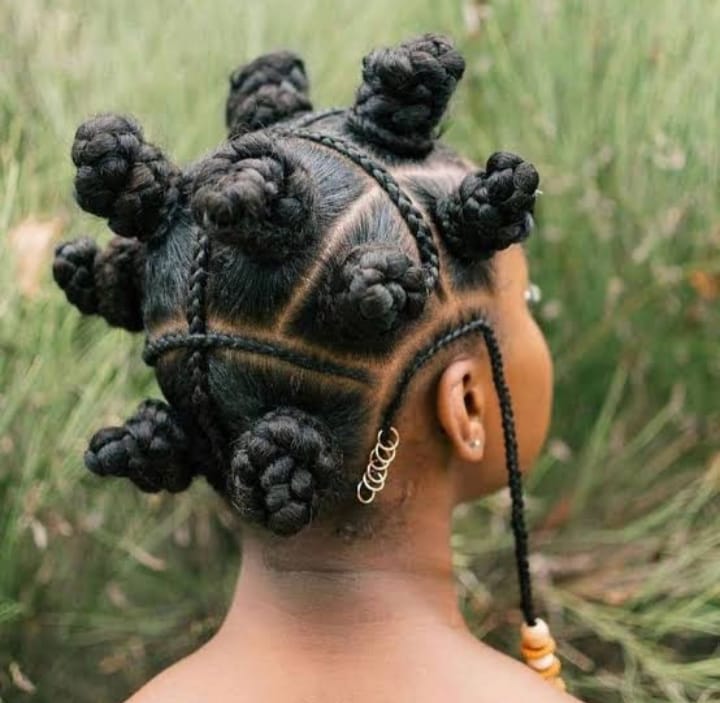In recent years, a significant movement has emerged to address a form of discrimination that extends beyond the realms of race and ethnicity—hair discrimination. The CROWN Act, an acronym for “Creating a Respectful and Open World for Natural Hair,” stands at the forefront of this movement, advocating for the protection of individuals who face prejudice based on their natural hairstyles. This legislation not only seeks to eradicate discriminatory practices but also aims to foster inclusivity and celebrate the rich diversity of hair textures and styles.
Understanding Hair Discrimination:
Hair discrimination has long been an insidious issue affecting individuals, particularly people of color, who choose to embrace their natural hair textures and styles. Traditional norms and expectations in workplaces and educational institutions have perpetuated biased attitudes towards natural hairstyles, such as braids, twists, locks, and afros. The CROWN Act recognizes that these biases contribute to racial and cultural discrimination, aiming to dismantle stereotypes that unfairly penalize individuals for their hair choices.
Read also: Black New Jersey female officer sues police department for hair discrimination

Key Provisions of the CROWN Act:
- Protecting Against Discrimination: The primary objective of the CROWN Act is to prohibit employers and educational institutions from enforcing policies that disproportionately target individuals with natural hairstyles. By doing so, the legislation aims to eliminate the adverse impact on professional opportunities and academic experiences that arise from discriminatory hair-related practices.
- Educating the Public: The CROWN Act also serves as a platform for education, raising awareness about the historical and cultural significance of natural hairstyles. It challenges preconceived notions and stereotypes surrounding these hairstyles, fostering a greater understanding of the diverse beauty and expressions within various communities.
- Legal Recourse: Individuals who experience discrimination based on their natural hairstyles are empowered by the CROWN Act to seek legal recourse. This provision ensures that those facing adverse actions in the workplace or educational settings have a means to challenge and rectify discriminatory practices.
- Promoting Inclusivity: The CROWN Act advocates for a more inclusive definition of beauty and professionalism. By challenging societal norms that favor Eurocentric hairstyles, the legislation encourages acceptance of natural hairstyles in professional environments, promoting a more diverse and representative workforce.
State and Federal Recognition:
The CROWN Act has gained significant traction at both the state and federal levels in the United States. Several states have independently passed their own versions of the legislation, demonstrating a growing acknowledgment of the need to protect individuals from hair discrimination. Additionally, efforts are underway to secure federal recognition, which would extend protection against hair-based discrimination across the nation.
Community Support and Beyond:
It has gotten widespread support from various quarters, including advocacy groups, civil rights organizations, and individuals who champion the cause of diversity and inclusion. Beyond its impact on employment and education, the principles of the CROWN Act extend to other facets of public life, contributing to a broader cultural shift towards acceptance and celebration of natural hair.
Read also: 5 stunning and effortless braided hairstyles for African hair

Conclusion
The CROWN Act stands as a powerful testament to the ongoing struggle against hair discrimination. By providing legal protections, raising awareness, and promoting inclusivity, this legislation represents a pivotal step toward creating a more respectful and open world for individuals of all backgrounds and hair types. As the movement continues to gain momentum, the hope is that the CROWN Act will not only protect the rights of individuals with natural hairstyles but also reshape societal perception.



